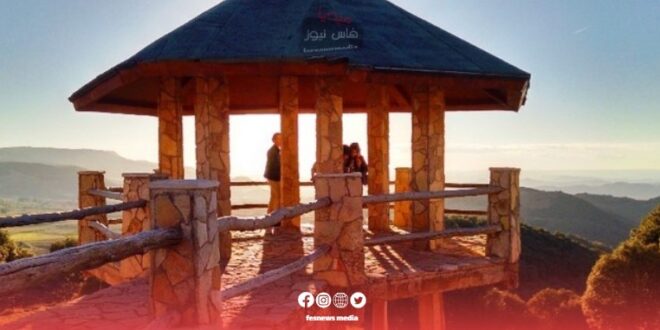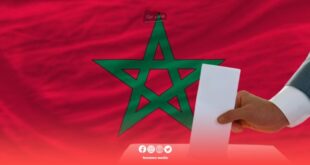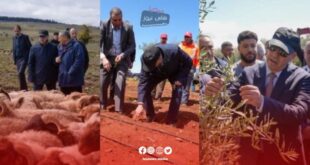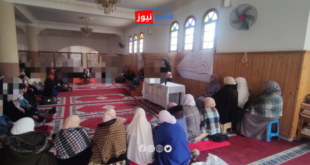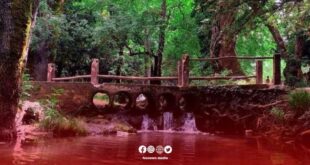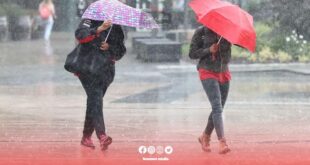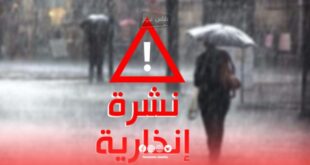Fatma Zahra Amor, Minister of Tourism, Traditional Industry and Social and Solidarity Economy, reiterated Monday in Rabat the government’s commitment to promote domestic tourism continuously throughout the year, instead of limiting it to specific seasons.
Encouraging domestic tourism all year round will help reduce prices and enable all Moroccans to enjoy the country’s tourist attractions, Amor said during a study day at the House of Councillors, organised by the thematic group in charge of preparing the annual session for the evaluation of public policies in the field of tourism.
As for the main projects carried out under the 2023-2026 roadmap for the tourism sector, the minister emphasised the importance she attaches to domestic tourism, hence the creation of two sectors, ‘coastal tourism’ and ‘nature and discovery’, with the aim of developing new tourism products that meet the expectations of Moroccan tourists.
As part of this roadmap, domestic tourism also benefits from pilot projects such as Dino Park, three national parks in Ifrane, Toubkal and Souss Massa, two green resorts in Oukaimeden and Khenifra, and two theme parks in Casablanca and Marrakech, she added.
The Minister also noted the exceptional performance and recovery of Morocco’s tourism sector, which continued during the first four months of this year, with an additional 567,000 tourists, an increase of 14% compared to the same period in 2023.
Ms Amor noted that major international tourism brands have intensified their investments in Morocco by opening a large number of hotels across the country. She also noted that many sectors are benefiting from this recovery, particularly the traditional industry sector, with total sales of 147 billion dirhams and foreign currency sales of 11 billion dirhams, including exports and sales to tourists in Morocco. The President of the Economic, Social and Environmental Council, Ahmed Reda Chami, emphasised the need to strengthen and improve Morocco’s logistics infrastructure and reception capacities.
He said that this approach is crucial in the context of the country’s preparations to host the 2030 FIFA World Cup, hence the need to comply with current international standards, in order to be in line with the Kingdom’s desire to organise major international events. Mr Chami also stressed the importance of diversifying the tourism offer and improving its quality and competitiveness in order to enhance the sector’s sustainability and resilience, increase tourism revenues, and provide reliable and high-quality accommodation, reception and leisure services focused on tourist satisfaction.
The President of the Economic, Social and Environmental Council also called for greater use of digital technologies to enhance Morocco’s image as a leading tourist destination, facilitate access to tourism products and attract a greater number of visitors, both national and international.
For his part, the President of the Council of Councillors, Naam Mayara, stressed the importance of this study day to assess national strategies in the field of tourism, identify strengths in order to build on what has been achieved, reveal weaknesses and gaps, and understand the constraints and obstacles to the development of the tourism industry in order to correct them.
He added that this meeting also aims to discuss ways to promote and develop an integrated public policy in line with the aspirations of King Mohammed VI and the Moroccan people, to maximise the use of all natural, cultural and heritage resources to develop tourism, and to address the reasons that hinder strategies and limit the sector’s effectiveness and prosperity.
Mayara stressed that the House of Councillors will take into account the issues related to tourism and the concerns of those involved in the sector, and will seek to defend solutions adapted to the challenges facing the sector, using all means available to it within the framework of its various constitutional duties and responsibilities, with the aim of contributing to the national debate in order to build a leading Moroccan tourism model.
Other speakers at the conference also emphasised the need for the effective and timely implementation of various strategies aimed at strengthening the tourism sector, which is a key pillar of the national economy, contributing 7% of GDP, directly and indirectly employing 2.5 million Moroccans, and generating significant foreign exchange revenues.
From the website: Fez News
 فاس نيوز ميديا جريدة الكترونية جهوية تعنى بشؤون و أخبار جهة فاس مكناس – متجددة على مدار الساعة
فاس نيوز ميديا جريدة الكترونية جهوية تعنى بشؤون و أخبار جهة فاس مكناس – متجددة على مدار الساعة

